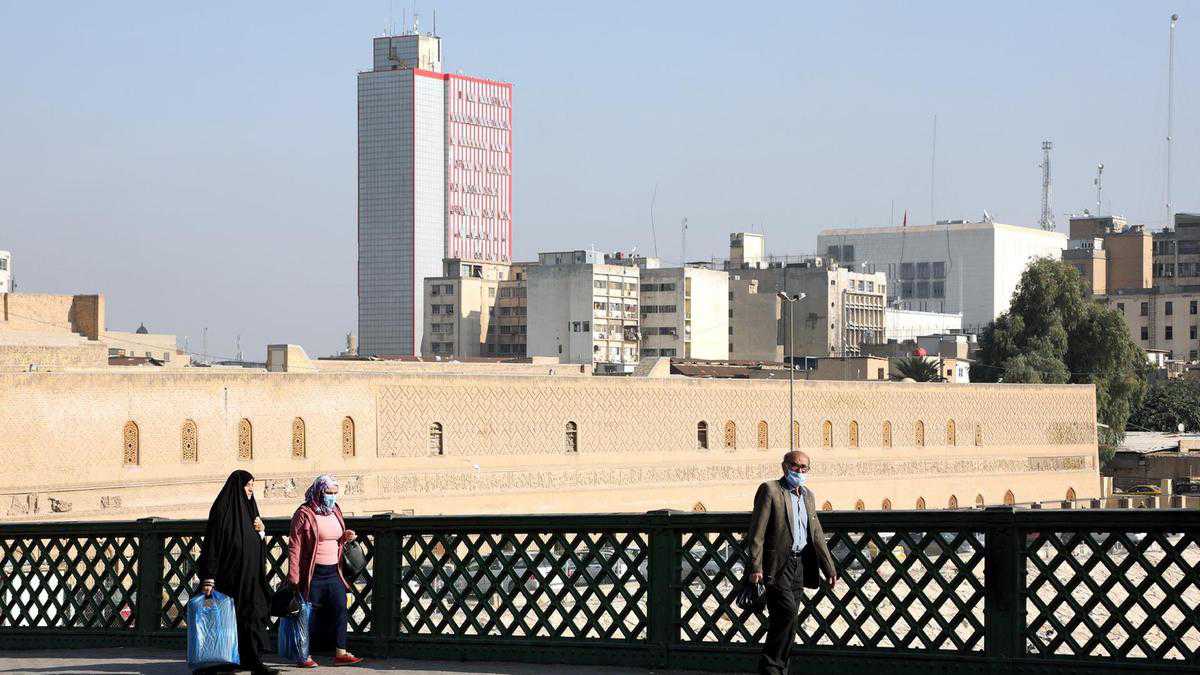Iraq’s currency devaluation will ease near-term liquidity pressures, Moody’s says
07 January, 2021

The devaluation of the Iraqi dinar will strengthen the country’s near-term fiscal standing by improving oil revenues in neighborhood currency terms, helping it to narrow its deficit, ratings organization Moody’s Investors Service said.
Opec’s second-largest maker depends on oil income to meet 90 % of federal government expenditure and almost all of its borrowing offers been done by investing in short-term US goverment paper, which has eroded its forex reserves.
“The devaluation will slow the erosion of Iraq’s forex buffers, preserving them designed for external debt company and helping the sovereign’s creditworthiness,” Alexander Perjessy, vice president - senior analyst, and Gerard Arabian, associate analyst at Moody’s Sovereign Risk Group, said.
Confronted with the twin shocks of dwindling oil income and the coronavirus-induced monetary slowdown, Iraq devalued it is currency by about 23 per cent against the US dollar on December 20, the first time the peg was adjusted since 2015.
The Central Bank of Iraq set the exchange rate at 1,450 dinars per dollar, from a peg of 1 1,182 dinars, for sales to the finance ministry. The dinar will end up being sold to the general public at 1,470 also to other banks at 1,460.
Relating to Moody’s, Iraq government earnings dropped more than 40 every cent during the first 10 weeks of 2020 weighed against the same period in 2019, as the fiscal deficit widened to $12.5 billion. Sharply more affordable oil prices as well weakened Iraq’s current balance and led to a substantial decline in central bank forex reserves to $50.1bn in November 2020 from $63.5bn in April 2020.
The ratings agency said the near-term impact of the devaluation on Iraq’s debt will be combined. It is expected to increase Iraq’s debt-to-GDP ratio by around 2 percentage points but reduce its debt-to-revenue ratio by around 6 percentage points.
The currency devaluation is likely to result in a rise in inflation, considering that Iraq imports a lot of its food and consumer goods. Inflation is currently low, averaging less than 0.5 % annually in the first 10 months of last year, and only rising by 2 per cent in the last decade, Moody's said.
Any rise on inflation bears political and public stability risks, however.
“An escalation of social unrest, fuelled by increasing prices, could further delay Iraq’s fiscal adjustment and structural reforms,” the Moody’s analysts said.
Moreover, if Iraq does not put into action structural reforms to reduce how big is its people sector wage and pensions bills, lower strength subsidies and rise non-oil revenues, the pain relief provided by the currency devaluation may only be temporary.
If oil rates remained subdued and the government is unable to control spending this season, the Central Lender will face pressure to devalue the dinar even more, risking an inflationary spiral, the report said.
In November, the World Lender said millions of Iraqis could possibly be forced into poverty as a result of twin shocks of the pandemic and the collapse of oil prices. Also in its “benign situation”, about 5.5 million Iraqis could possibly be pushed into poverty, the Washington-based lender stated.
Source: www.thenationalnews.com
TAG(s):
